
“I think I’m drawn to female characters partly because they don’t have as easy or as obvious a relationship to power in society, and so they suffer under social constraints or have to maneuver within them in ways men sometimes don’t or are unconscious about, or have certain liberties that are invisible to them.”
– Todd Haynes, director of May December
End of the year listmania is upon us. Everyone is ranking the best of the best, the moments and experiences that have constituted another year of our precious, unpredictable lives: best restaurants, best beauty products, best fashion trends, best red carpet looks, even the best celebrity breakups, and certainly best breakdowns. The most contentious, at least in the cinephile circles I frequent, is the best movie list, essentially a dry run for the Awards season.

The latest film from Todd Haynes, May December starring Julianne Moore and Natalie Portman, in an eleventh-hour sprint since it debuted in theaters on Nov 17, and on Netflix on December 1st, is now at the top of every best films of 2023 list. The cheeky melodrama from famed collaboration of independent film royalty Christine Vachon and Todd Haynes, and their Killer Films production company, is second to Barbie as the breakout female-centric film of the year. As it’s been over a year since I last reviewed a museum – the cocktail service at the Museum of Sex – and as a fan of Haynes’ transgression and obsession-focused tales about women who dare to challenge the status quo, I was happy to spend a cinematic afternoon at the Museum of the Moving Image for Reflected Forms: Story and Character in the Films of Todd Haynes Exhibition and the accompanying screenings.
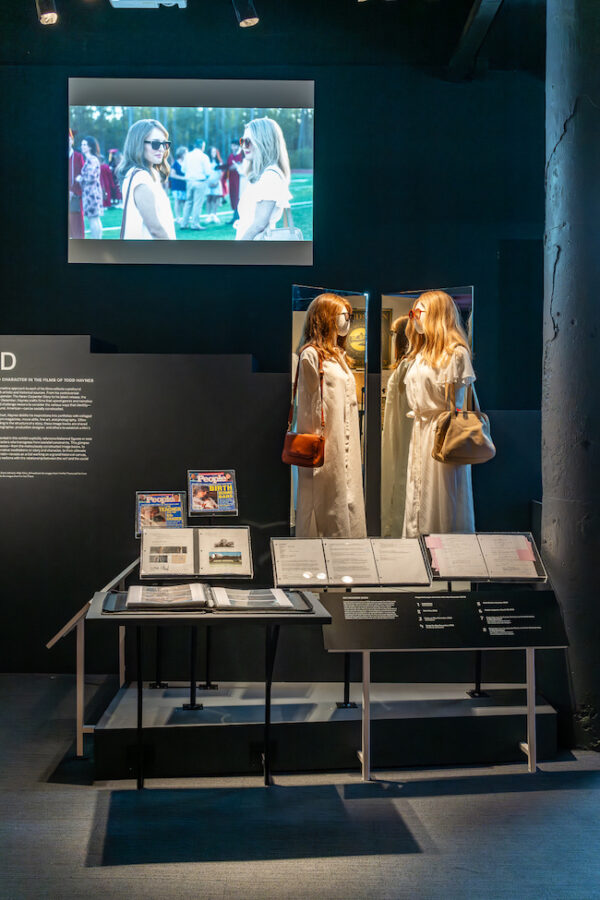
In many ways, May December is a film about filmmaking, the way reality is mined for the artifice of cinematic art, and how those dynamics, in all their emotional and ethical repercussions, can intertwine and entangle themselves. In the film, Natalie Portman’s character Elizabeth is an actress engaged in immersive research of the controversial real-life character she’s going to portray in an independent production, Gracie. Julianne Moore’s award-worthy turn as the Mary Kay Letourneau-inspired figure, infamous for having a torrid, whirlwind romance with Joe, since she was his 6th-grade teacher, is herself a hall-of-mirrors, a proper southern belle, a queen of bitchy, back-handed compliments with a hunter’s instinct for weakness in her prey.
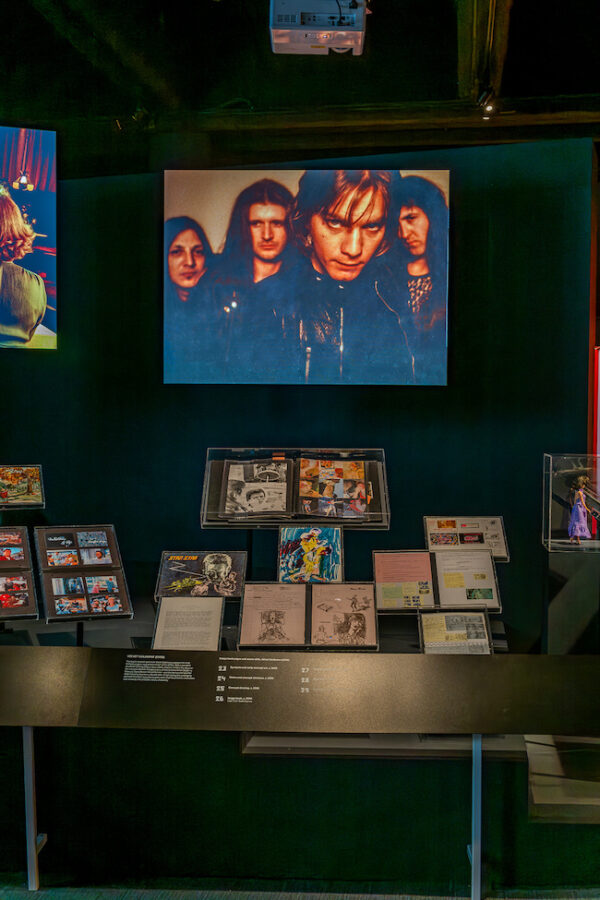
Despite years of intense media scrutiny, public trials, and jail time, the couple seems average and suburban, fretting over hot dogs for a BBQ and sending their kids off to college. Elizabeth’s efforts to probe Gracie and replicate her on-screen persona shatter the facade of happy marriage by unearthing deep wells of resentment and rage, manna for an actress who thrives on the vampyric frisson she derives from mimicking the lives of others.
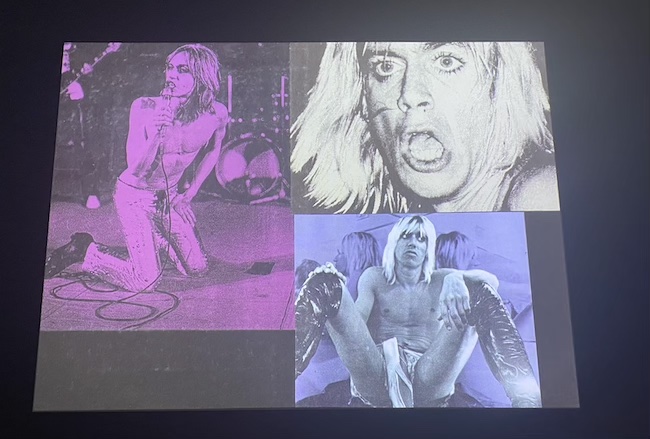
By peeling back the curtain of creative pursuits, Haynes sheds light on the larger artistic and intellectual prep undertaken by screenwriters, directors, and other cast crew members to create the experience of a film much like the MoMI Behind the Screen permanent exhibition to which Reflected Forms is a seasonal addition. With a curated selection of production notes, mood boards, film stills, video footage, and photo albums which informed the aesthetics of Haynes’ other films, I’m Not There (2007), Far from Heaven (2002), Velvet Goldmine (1998), the museum offers a bird’s eye view of Haynes’ creative process much like Elizabeth’s immersion into the lives of Gracie and Joe. Minus a descent into statuary rape and voyeuristic impersonation, the MoMI experience is perfect for a holiday weekend afternoon in Astoria.
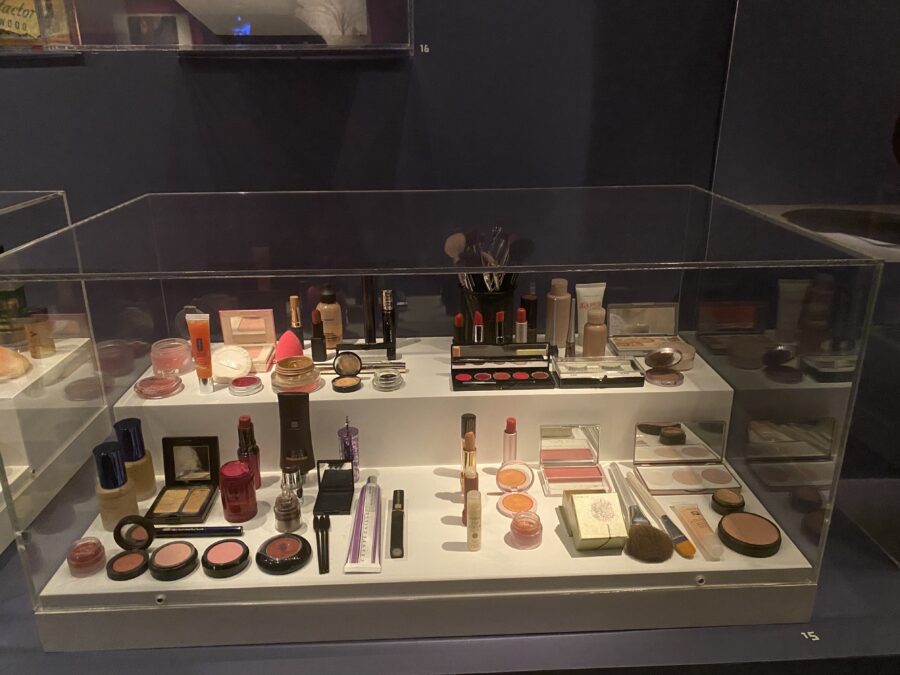
Other films dissected in the Behind the Screen exhibition focus on the transformative magic of film via hair and makeup, and run the gamut from the satanic slovenliness of The Exorcist to the gal pal glam of Sex and the City.
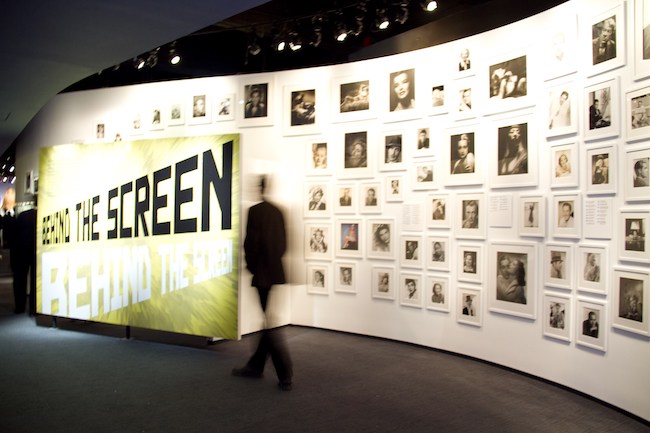
A series of makeup tests show that Regan’s first makeup test was more suited to RuPaul’s Drag Race than the final version, a fresh-faced girl next door who devolves into demonic invective and obscenity, with the pores to match. From season 2 of the hit dating and brunch show, we see the makeup kits used for each character. If you suspected Charlotte was a Clinique girl, and that Samantha was a Creme de La Mer slut, as I did, you’ll feel vindicated.
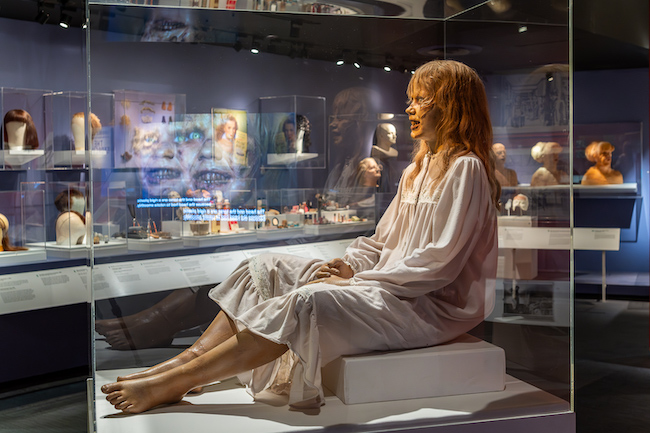
MoMI is above all else a cinematheque with multiple theaters and also offers an ongoing series of screenings, filmmaker lectures, and Q&As under the Curator’s Choice 2023 program. The sought-after 70 mm version of Oppenheimer will screen Dec 28, Dec 29 and Jan 4. Additional programs in January include director talks and screenings of Beau is Afraid with Ari Aster, The Holdovers with Alexander Payne, and Passages with Ira Sachs. An additional screening of May December has been added on January 20, 2024. With such a celebrated selection of filmmakers, I’ll be there en route to my favorite Greek, Spanish and Egyptian eateries in Astoria, just three subway stops from Manhattan. And membership to the exhibitions and events starts at $50.


